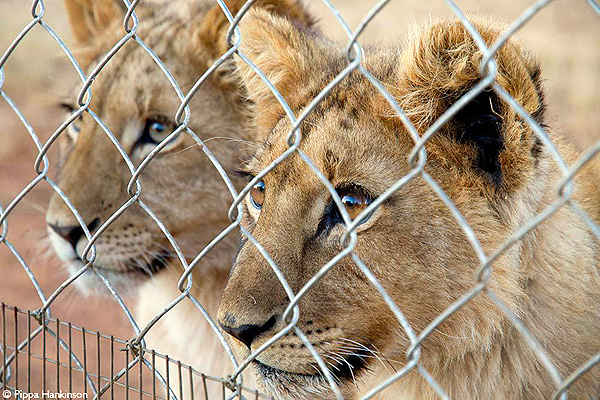
One of the hunter’s best friends on the African continent has been the South African Government. Until last week.
You might remember the dentist from Minnesota a few years back who shot the famous lion “Cecil” in a private Zimbabwean reserve. The outcry was profound, the ramifications wide. South Africa kept trying to sweep it under the rug and finally agreed to a comprehensive commission. Late last week the government accepted really strict anti-hunting regulations rcommended by the panel.
“We don’t want captive breeding, captive hunting, captive petting, captive use of lions and their derivative,” South Africa’s Environment Minister Barbara Creecy told the press this weekend.
The sweeping regulations came as a bombshell in South Africa itself, much less the hunting industry as a whole.
Africa Geographic characterized the move as “an end to the commercial captive lion industry in South Africa.”
What you probably don’t realize, and what your big game hunter friend has probably never told you, is that the vast majority of so-called “wild lions” hunted in Africa were captively bred and habituated… just like the “Cecil” who was taken down by the Minnesota dentist.
There may be as many or more “captive-bred lions” just in South Africa as wild ones left on earth. The BBC estimates upwards of 8,000 captive-bred vs. 3,500 wild lions in South Africa.
Since the vast majority of wild lions live within regulated government reserves, hunting has been extremely limited for the last several decades. Now that lions are suffering the worst decline of literally any big game species wild lions are likely to get even more protection.
Lions are central to most laymen’s concepts of the wild, from the lion king in the crib to the mounted head over the fireplace. But lion are absolutely far more essential to the overall ecology of African wilds than even to Disney bottom lines.
Without lion the reigns of power fall to elephant, and elephant aren’t predators. The large herbivore populations like wildebeest and buffalo – which we’ve already seen increasing in alarming numbers – could get out of control.
Elephant – already out of control – would plow away the forests and a mighty grassland would cover the continent to the exclusion of thousands of non-prairie species.
The South African move is huge, bold and if I might say, remarkable. It greatly reenforces my confidence in Africans to know what to do with Africa better than any outsider.
This is a massive hit economically to South Africa’s extremely lucrative hunting industry. A “big game hunt” without a lion is a hard sell, and it’s estimated that in the last two decades 4 out of every 5 lion sport-hunted in South Africa were captive-bred.
The good guys have taken on the bad guys who’ve been in control for so long.
And there are parts of the directive that are really bold globally, too.
The somewhat meek zoo world has been wrestling for years on what to do with the excess lion in their charge. This South African report immediately directs scientists to determine how to euthanize the excess captive lion population.
So the policy gets no A+ from animal rights’ activists, just as it will be vilified by the hunting community. So what does this mean that virtually everyone is being displeased?
Probably exactly the right thing to do.
Yes, exactly the right thing to do.